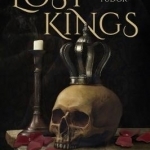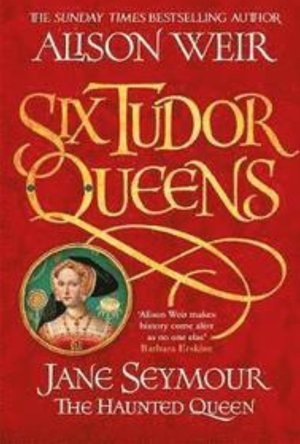Deborah (162 KP) rated Bosworth Field and the Wars of the Roses in Books
Dec 21, 2018
Rowse's chapter on Shakespeare must be at least as long, if not longer, than his chapter on Bosworth. The fact that he obviously sincerely believes that one can gain a credible understanding of history from Shakespeare cycle of plays was almost enough to make me drop the book in astonishment! How can one take him seriously?!
He is also ready to give every credit to the supposed work of More. Even here he falls down by claiming that the bodies of the 'princes in the tower' were discovered in the exact place More said! If you read this work you'll find that the opposite is true - they are in the exact place More said they were NOT! The fact that there isn't a shred of evidence that anyone killed the two princes is evidently a small matter to Rowse. He mentions the great turncoat, Sir William Stanley (at this point step-uncle to Henry Tudor) being executed s a result of the Perkin Warbeck debacle, but fails to mention that Sir William is imputed to have said that if Warbeck really was Richard of York, he would not fight against him. Of course he doesn't mention this - he has to keep reminding us that EVERYONE believed Richard III guilty! Really, a credible historian should not pick and choose their facts - something Alison Weir is also very fond of doing.
Another point is that he is quite happy to accept that Katherine of Valois really did marry Owen Tudor, but cannot countenance the much more credible suggestion that Edward IV was married to Eleanor Butler (nee Talbot), who is not even mentioned. He harps on about the morality and piety of the Lancastrians (despite the Beauforts being conceived in double adultery - further hypocrisy) but when Richard III founds a chantry or offers some concession to a religious house that Rowse concludes it much be down to his uneasy concience.
So, overall, not a book I can recommend in the least. He may try to convince us that his unbending traditionalist view is 'sensible' and 'common sense' but anyone with a little knowledge of the subject will see it as laughably absurd and highly prejudiced.
Deborah (162 KP) rated The Lost Kings: Lancaster, York and Tudor in Books
Jan 13, 2019
The stuff about attitudes towards death and the impact of the deaths of these individuals was fairly interesting, but a lot of it was trying to squeeze complicated history into a relatively short space, which didn't do it justice. There are also rather large assumptions made without any particular evidence of reasoning. She goes on and on about Edward V being murdered, when in fact there isn't any evidence that would stand up in a court of law that he was killed by anyone. She apparently thinks that the Tyrell smothering story is 'most likely'. If she really believes that, there's a bridge I'd like to sell her......
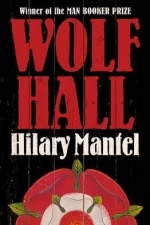
Wolf Hall
Book
Winner of the Man Booker Prize 2009 Shortlisted for the Orange Prize and the Costa Novel Award...
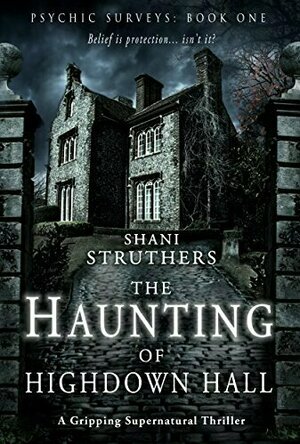
The Haunting of Highdown Hall (Psychic Surveys #1)
Book
Have you discovered the bestselling Psychic Surveys series yet? Perfect for fans of Stephen King,...
Lyndsey Gollogly (2893 KP) rated Jane Seymour: The Haunted Queen in Books
Nov 10, 2021
Book
Jane Seymour: The Haunted Queen ( Six Tudor Queens book 3)
By Alison Weir
Once read a review will be written via Smashbomb and link posted in comments
THE WOMAN HAUNTED BY THE FATE OF HER PREDECESSOR.
Eleven days after the death of Anne Boleyn, Jane is dressing for her wedding to the King.
She has witnessed at first hand how courtly play can quickly turn to danger and knows she must bear a son . . . or face ruin.
This new Queen must therefore step out from the shadows cast by Katherine and Anne. In doing so, can she expose a gentler side to the brutal King?
I went into this not knowing very little of Jane Seymour and I found the book enchanting. She was a pure soul and in Alisons words she was portrayed so well. You felt the love she had for Katherine and the love she had for Henry and of course the shared dislike for Anne! I actually cried reading the last two chapters it was a very unjust end for a woman who had just become a mother to a son that was craved so much! I absolutely love this period and I find Alisons books just a brilliant outlook on the events. After i read Anne Boleyn I was just angry with the ending of this I’m saddened. Highly recommend such a beautiful tale of a short lived queen.
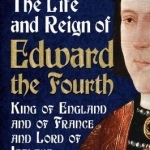
The Life and Reign of Edward the Fourth: King of England and France and Lord of Ireland: Volume 1
Cora L. Scofield and Ralph A. Griffiths
Book
Edward IV, (1442-1483) was King of England from 4 March 1461 until 3 October 1470, and again from 11...
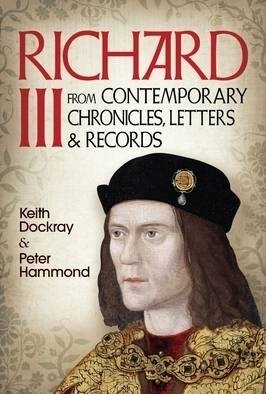
Richard III: From Contemporary Chronicles, Letters and Records
Keith Dockray and P.W. Hammond
Book
No English king has suffered wider fluctuations of reputation than Richard III, perhaps the most...
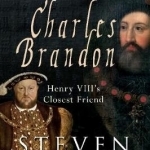
Charles Brandon: Henry VIII's Closest Friend
Book
We don't really consider Henry VIII to have had friends, rather subjects, cronies and dutiful wives...
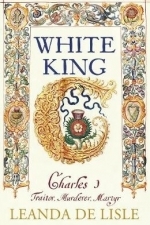
White King: Charles I - Traitor, Murderer, Martyr
Book
Less than forty years after the golden age of Elizabeth I, England was at war with itself. The...

Nicky Haslam's Folly De Grandeur: Romance and Revival in an English Country House
Book
From its humble origins as a Tudor hunting lodge to its present-day status as a protected historic...

